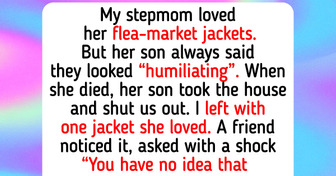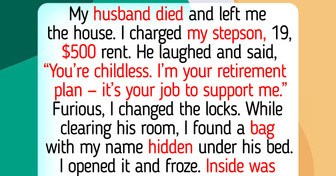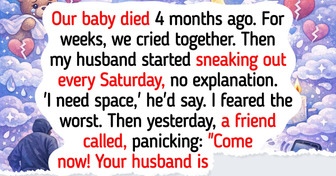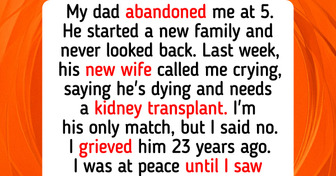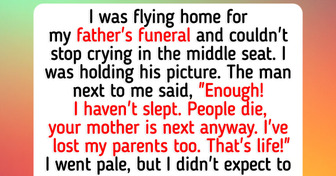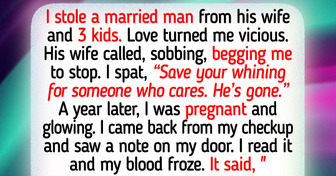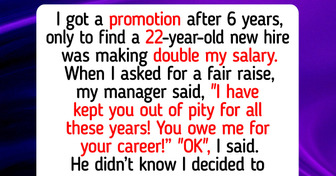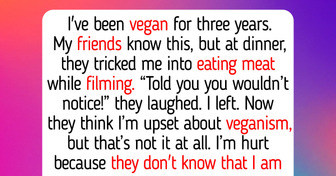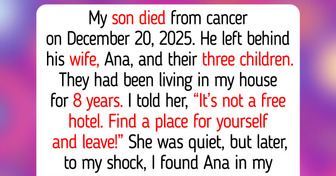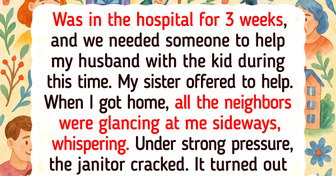What Triggers “Old People Smell” and How to Beat It

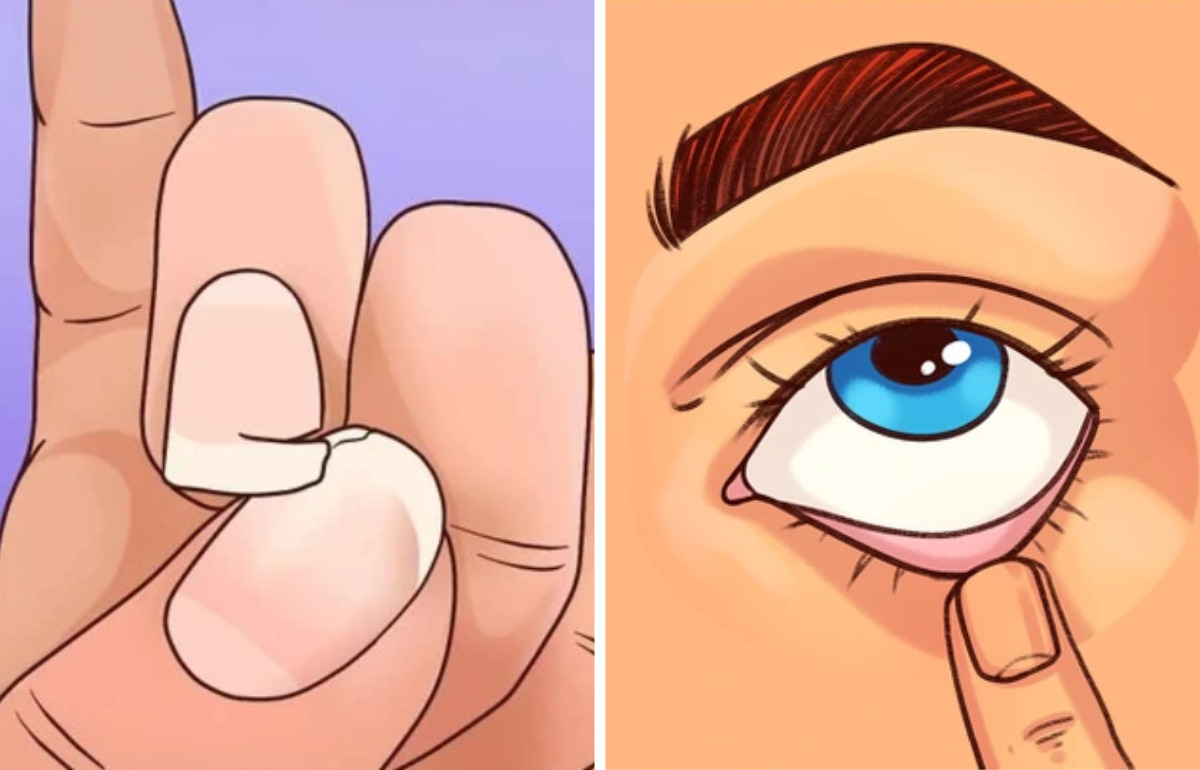
Do you always feel tired, even after 8 hours of sleep? Do you feel dizzy when you stand up quickly? Are your hands cold even though it’s spring outside in oven mode? You’re not alone, and it’s not just your schedule. These could be the subtle whispers of a silent visitor: anemia.
Iron deficiency anemia is one of the most common diseases in the world, especially among women, and yet... it eludes us. Why is that? Because its symptoms are often disguised as “normal” things: fatigue, pallor, weak nails.
But your body is talking to you, and in this article we’ll help you listen. Here are 11 warning signs that you may have anemia and should not ignore. Spoiler: some of them may surprise you.
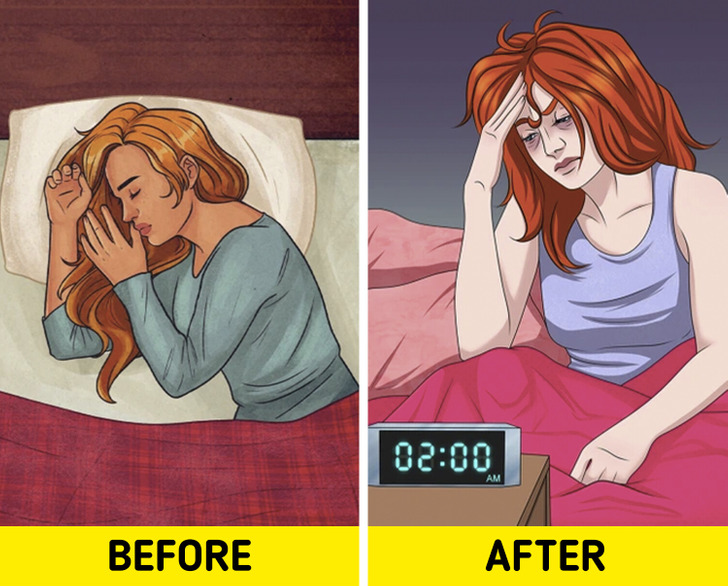
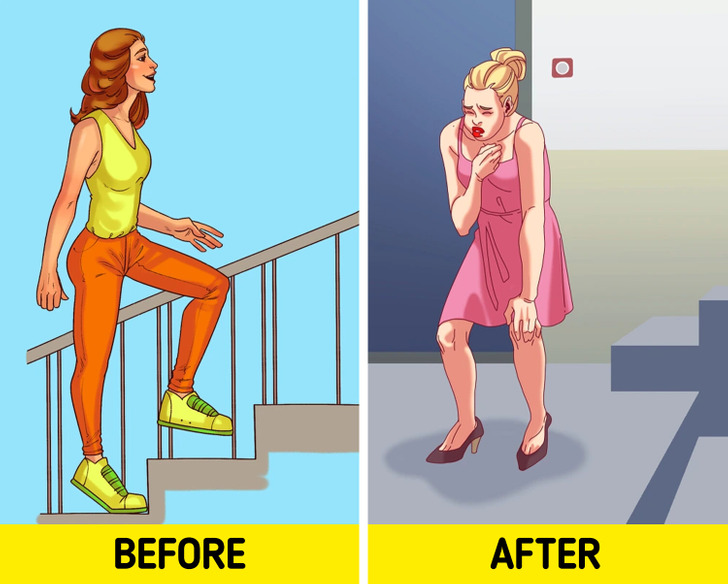
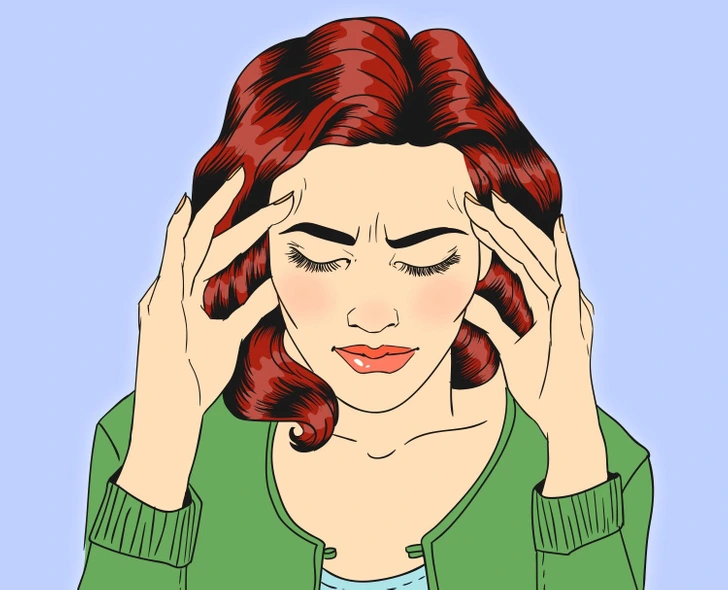
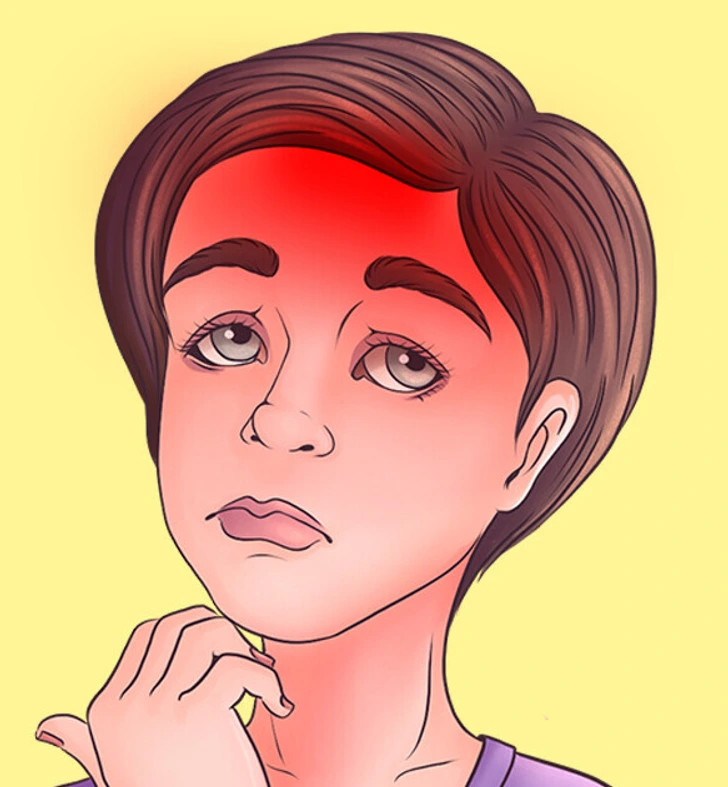
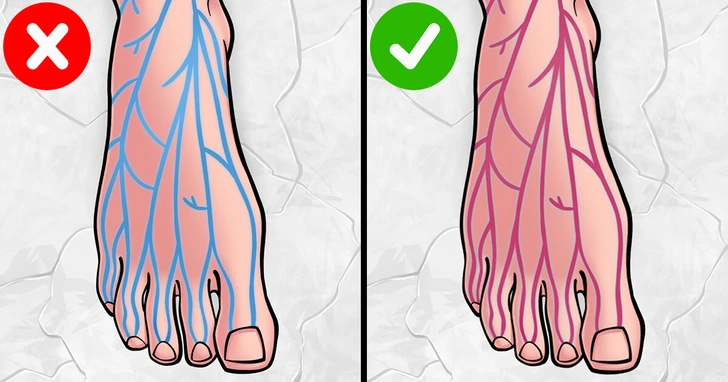
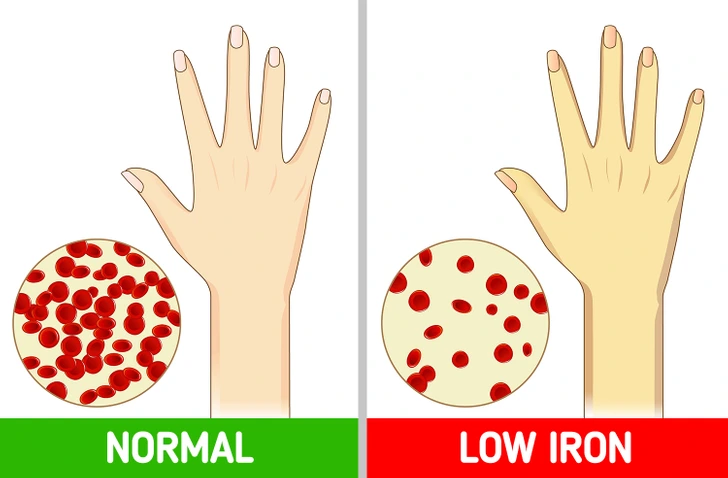
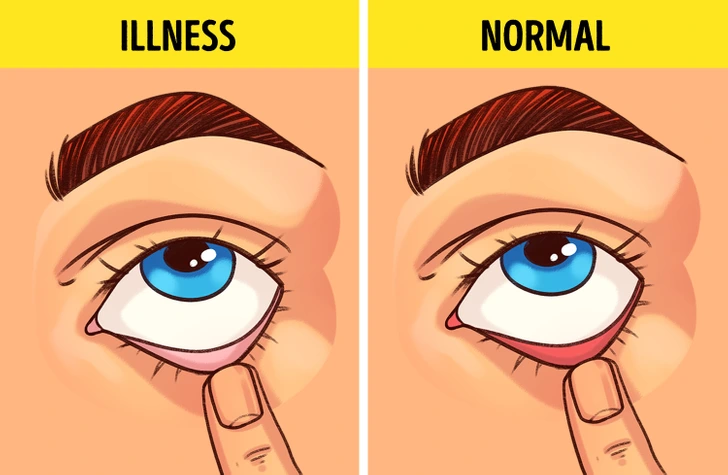
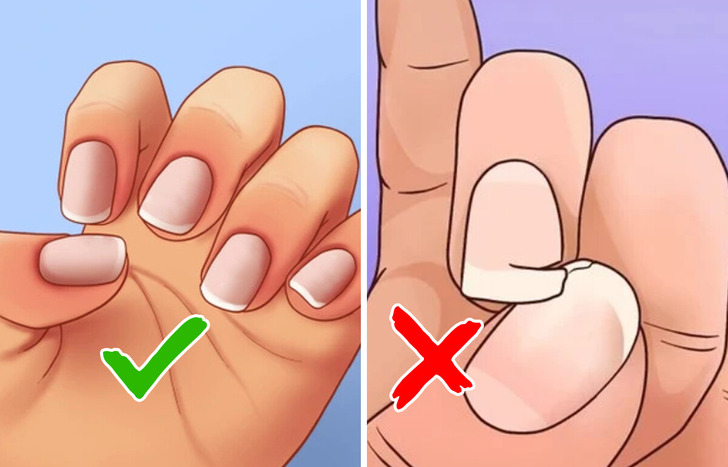
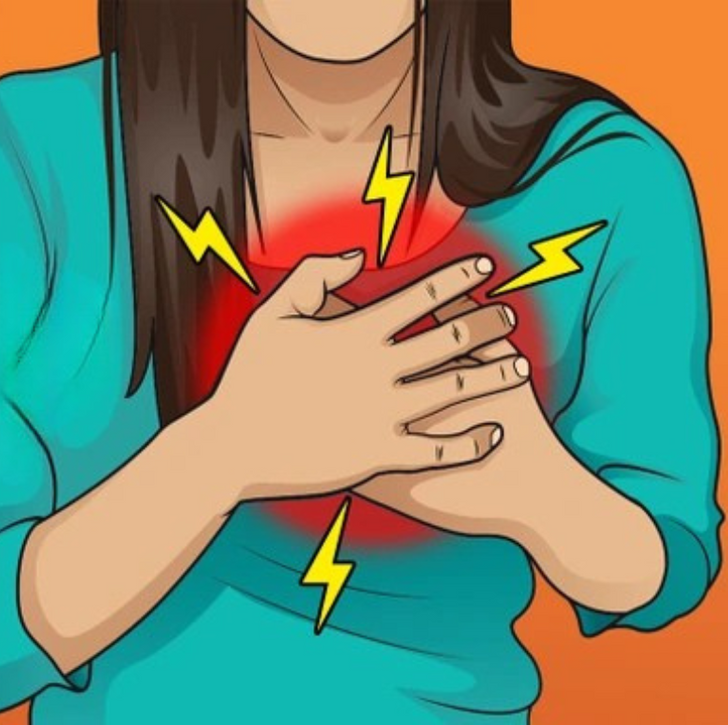
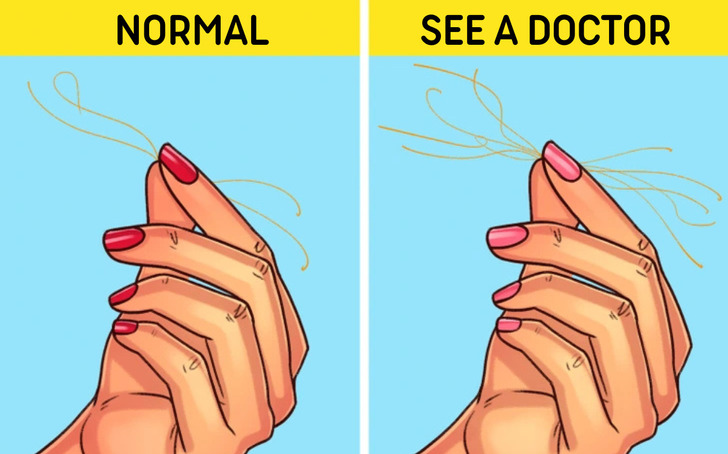
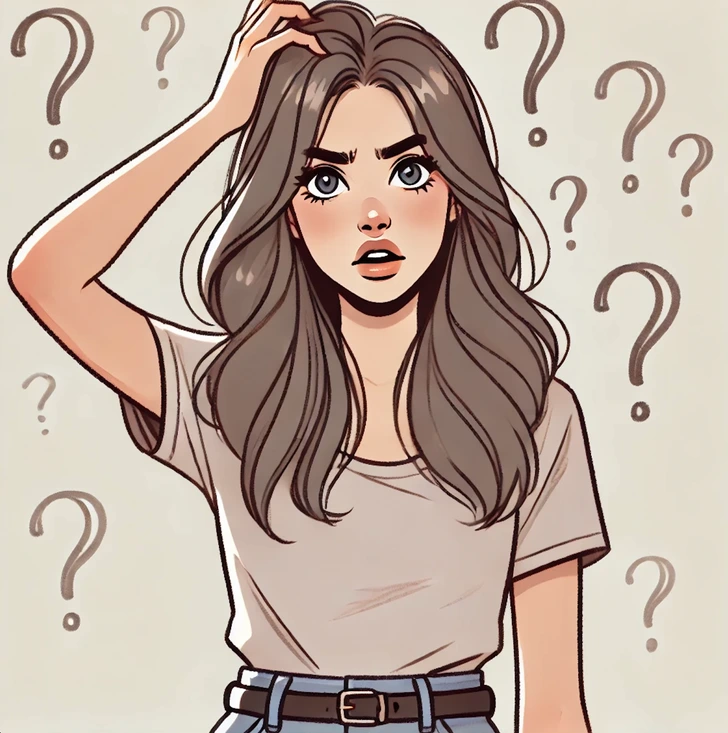
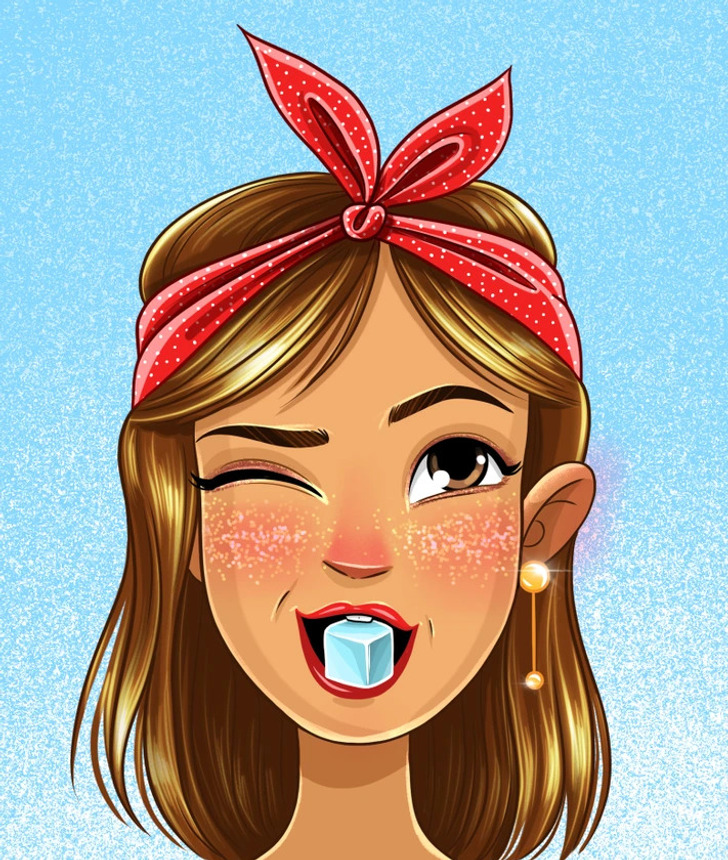
Anemia doesn’t scream; it whispers. That’s why it’s so easy to overlook, but also why it’s important to pay attention to your body’s signals. The good news is that there is a solution: a doctor’s visit, a blood test, and the necessary changes to your diet can make all the difference.
Want to know more? You can read this article about nutrient deficiencies that can affect women. Taking care of our health is not difficult if we pay attention to the right signs.

